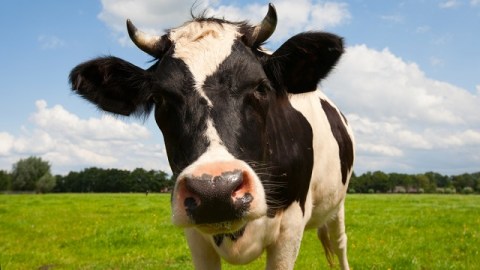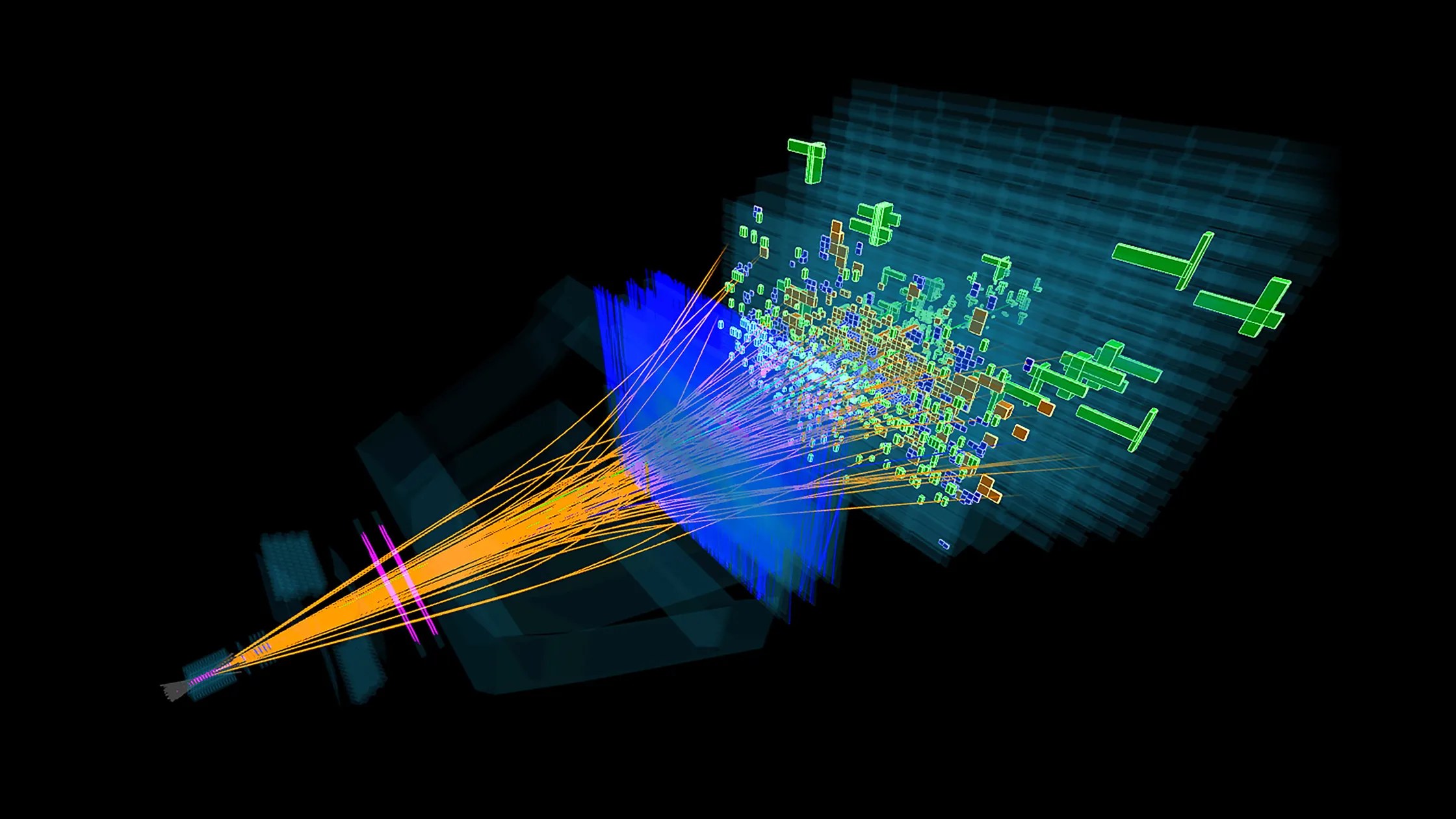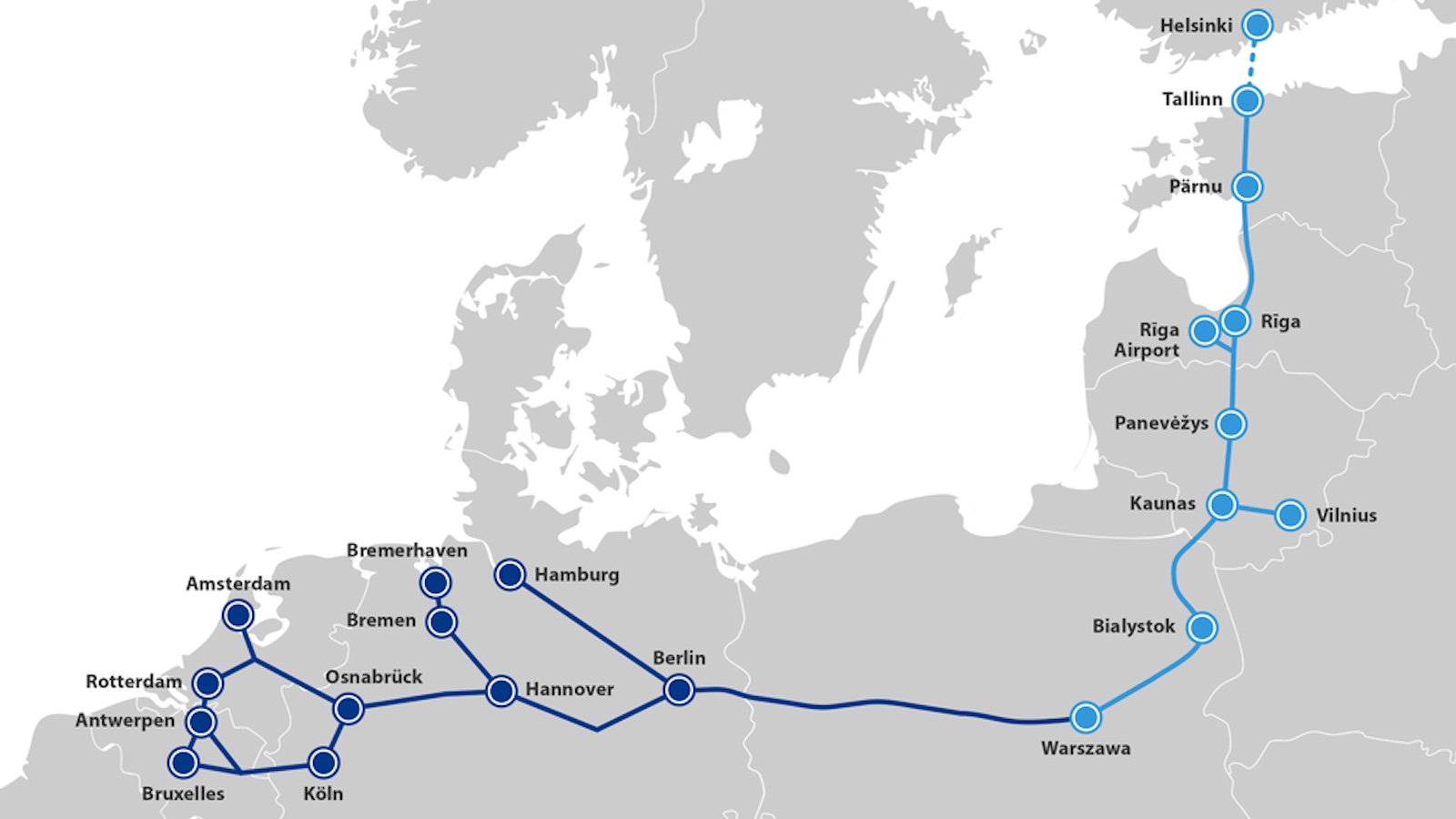After The Test-Tube Hamburger…Artificial Meat Farms?

What’s the Latest Development?
Dutch researchers Cor van der Weele and Johannes Tamper propose a possible solution to the question of providing demanding and discerning customers with locally-sourced meat: Small bioreactor “farms” that would use stem cells cultivated from chickens, pigs or cows to “grow” meat for a village of over 2,600 people. In a paper published in Trends in Biotechnology, they even suggest that individual villages could tailor the flavors to their own local tastes.
What’s the Big Idea?
Van der Weele and Tamper based their proposal on the scientific (if not exactly gastronomic) success of the first “test-tube hamburger,” created by fellow countrymen at the University of Maastricht. Both projects attempt to tackle the challenge of supplying meat in a humane and environmentally conscious way, but while the technology exists, “production cost emerges as the real problem. For cultured meat to become competitive, the price of conventional meat must increase greatly.” There’s also the simple question of whether customers would eat it; not surprisingly, a spokesman for the US-based National Cattleman’s Beef Council said others “would have the same general feeling that I do…I don’t think it’s overly palatable.”
Photo Credit: Shutterstock.com





